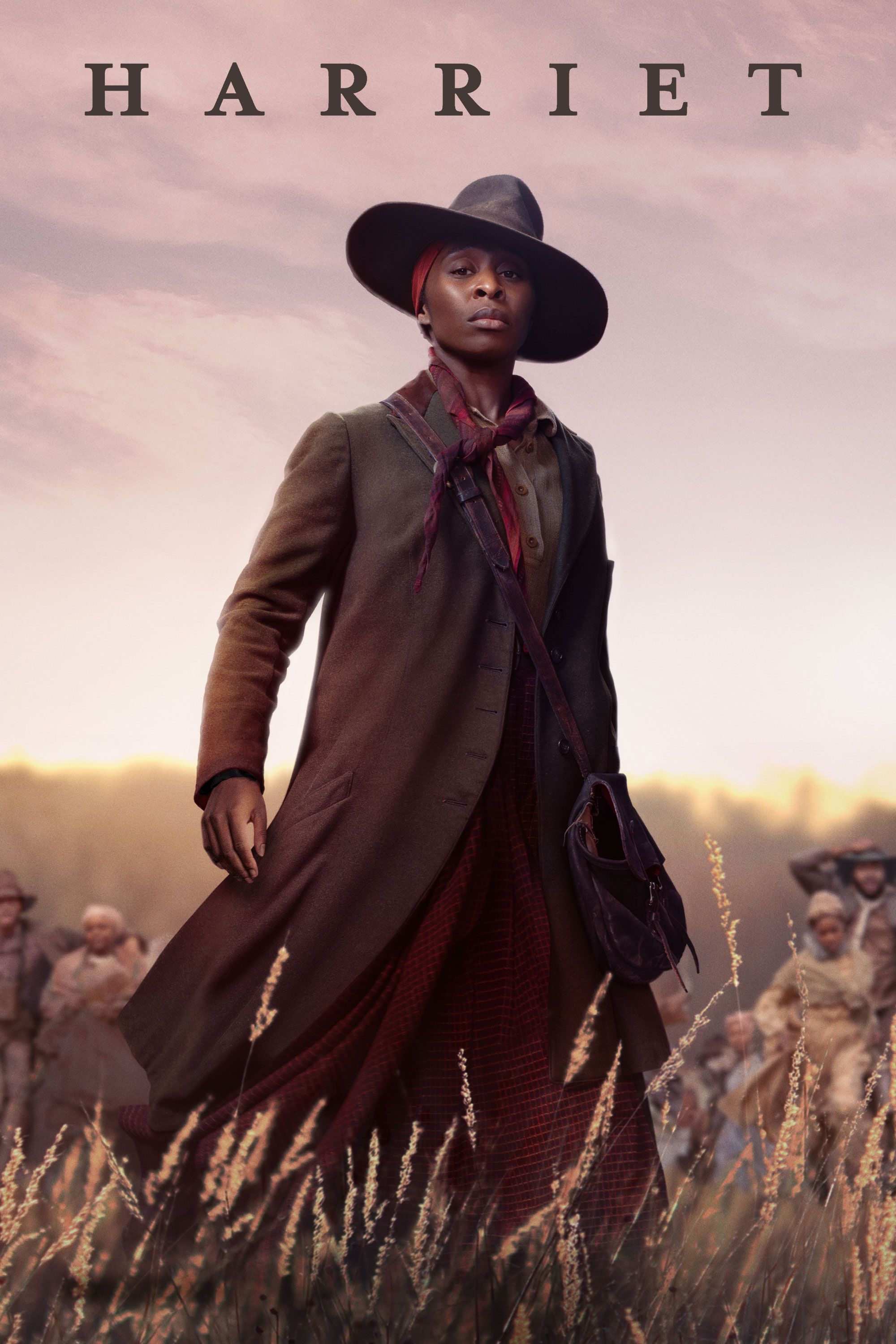
I love Harriet Tubman. I read about her as a teenager and had her picture on my wall for years. So when I found out they were making a movie about life, I was super psyched. Then, like a dafty, when it came out at the pictures, I missed it! So happy the GFT decided to show it for Black History Month so I had another chance to see it on the big screen.
Harriet was an extraordinary woman and her story is incredible, so I really wanted the movie to show that properly. I was pleased when I heard it was Kasi Lemmons directing as she’s so talented. Also delighted when I heard Cynthia Erivo was playing Harriet, she is such an expressive actor.
There are so many different ways you could tell Harriet’s story, I wasn’t sure how they were going to do it. From the opening scene, Lemmons decides to place the film squarely in the tradition of American historical dramas. Shot sweeping through the trees, the rising brass and strings of the score, with the handwritten font of the film’s title, it’s immediately stylistically recognisable. It evokes a romanticism that is almost conservative in how expected it is in a portrayal of America’s past. All those films of the by-gone times with their larger-than-life heroes. But in this film a Black woman is the hero, and this is how she shaped America.
The plot begins with Harriet’s frustration that she and her mother have been kept in slavery illegally after they were meant to be freed under the terms of the will of their first master. Harriet is desperate to escape with her husband, a freedman, in order that her children not be born slaves. When she gets word she is to be sold away from him, she makes a break for it. With almost nothing with her, on foot and alone, she traverses forest, rivers and roads across a 100-mile journey to freedom.
Far from being contented with her amazing feat, Harriet returned to free others, ferrying them on their journey on the Underground Railroad to freedom. Across her life, she saved hundreds of souls from slavery.
Much is made in the film of visions Harriet sees, something which Harriet herself described as messages from God. She was a deeply spiritual woman, and after an overseer cracked her skull when she was a teenager, throughout her life she would periodically fall into seizures and hallucinate, which she interpreted as providing divine guidance. The film acknowledges that the non-religious might see this as the products of a brain injury; to me it is miracle enough that a woman with a disability which would put her so at the mercy of others and her surroundings, still fearlessly crossed a hostile country alone to freedom. But the film squarely takes Harriet’s spiritual perspective of her visions, that she was touched by God.
Great to see a big budget film about slavery that centres on the experience of a Black woman, directed by a Black woman, and which stays true to the events of the time. A worthy portrait that is deeply moving.